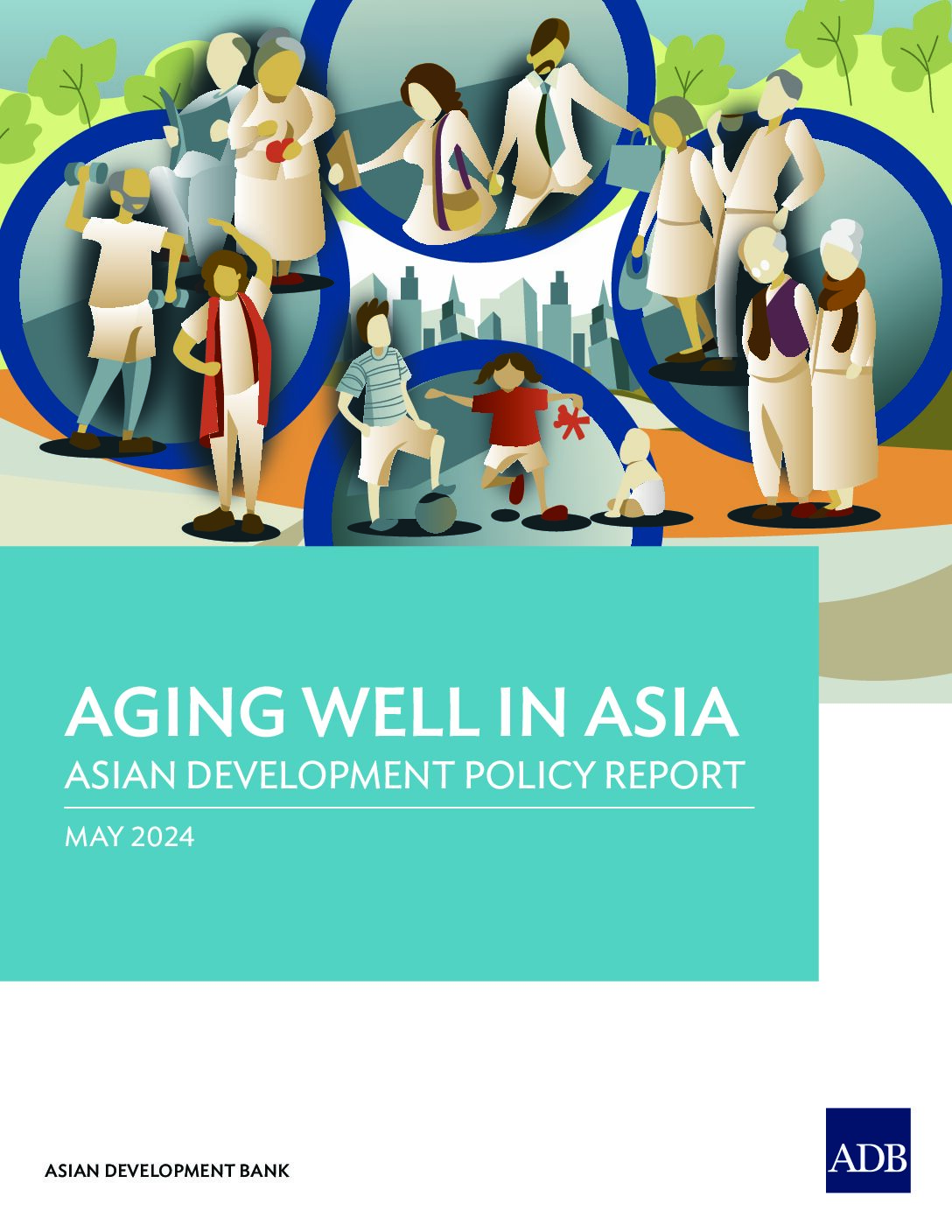Parental Leave Policies, Fertility, and Labor Supply
By Daisoon Kim & Minchul Yum South Korea has been facing persistently low fertility rates and large gender gaps in labor supply. In response, the government has expanded parental leave benefits to address these challenges. To evaluate the effectiveness of these policies, we develop a quantitative, heterogeneous-household life-cycle model in which couples make joint decisions on careers, labor supply, savings, and child-related choices, including fertility, childcare, and parental leave take-up. The model is calibrated to recent Korean cohorts to replicate...










